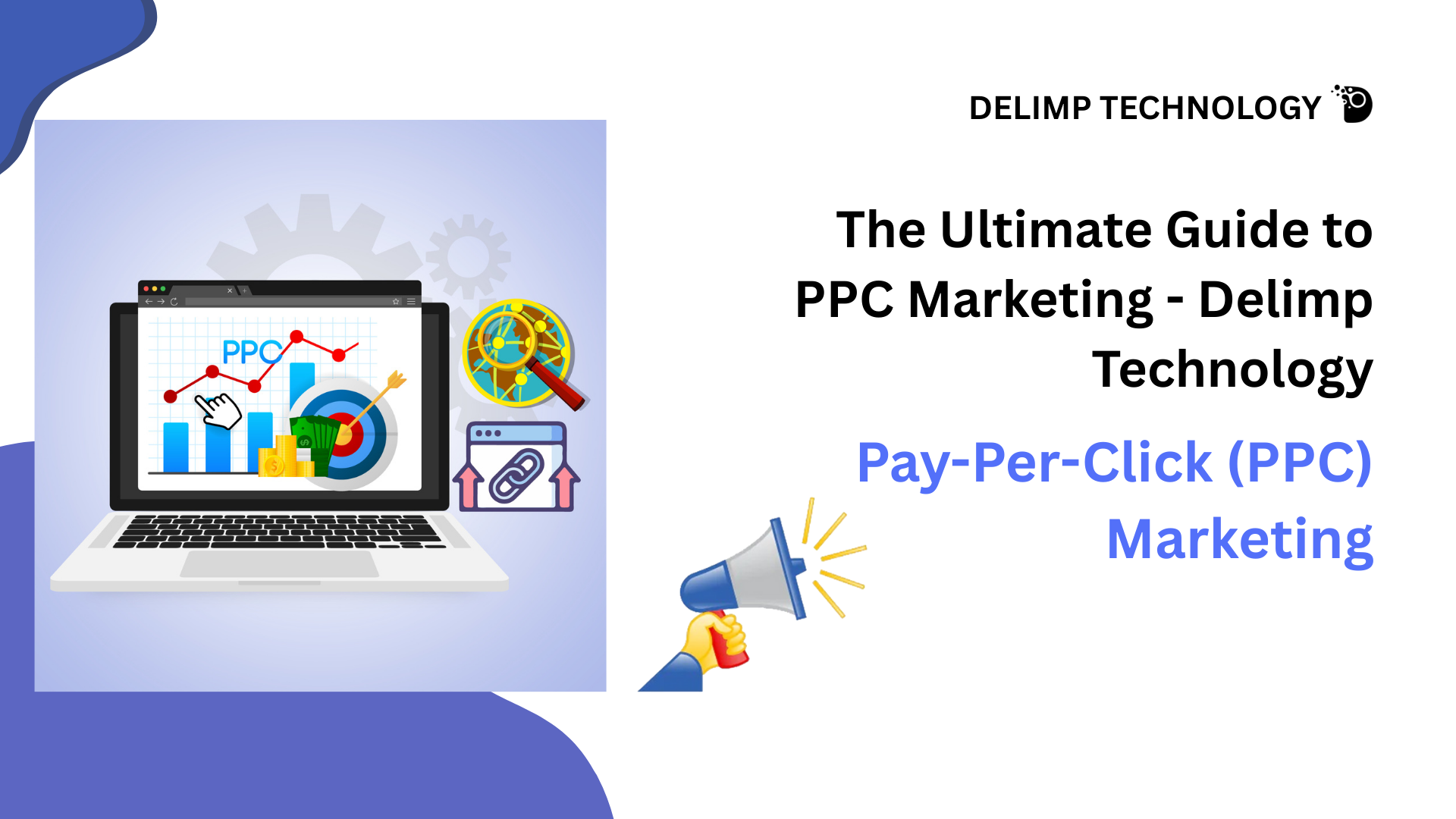In the ever-evolving landscape of web development, choosing the right programming language is crucial. Among the myriad of options available, PHP stands out as a powerful and versatile choice. With its rich history, vibrant community, and numerous advantages, PHP has consistently demonstrated its prowess in unleashing the full potential of web development. In this article, we will delve into the various aspects that make PHP a force to be reckoned with.
1. A Brief History:
PHP, originally coined as “Personal Home Page,” was created by Rasmus Lerdorf in 1994. Since then, it has grown into a robust and mature scripting language. PHP is now known as “PHP: Hypertext Preprocessor” and is widely used in web development. Its long-standing presence in the industry speaks volumes about its reliability and adaptability.
2. Versatility:
One of PHP’s standout features is its versatility. PHP can be embedded within HTML, making it easy to integrate dynamic content into web pages. Whether you need to create a simple personal blog or a complex e-commerce platform, PHP can handle it all. Its flexibility allows developers to build a wide range of applications, from small scripts to large-scale web applications.
3. Strong Community Support:
PHP boasts a massive and active community of developers who contribute to its growth and success. The PHP community is known for its willingness to share knowledge, offer assistance, and develop open-source libraries and frameworks. This support network ensures that PHP remains up-to-date and relevant, even in the face of rapidly changing web development trends.
4. Rich Ecosystem:
PHP has a vast ecosystem of libraries and frameworks that streamline development and reduce time-to-market. Popular PHP frameworks like Laravel, Symfony, and CodeIgniter provide developers with powerful tools and conventions for building robust web applications. These frameworks follow best practices, promo code reusability, and simplify common tasks, such as authentication, routing, and database interactions.
5. Performance Optimization:
In recent years, PHP has made significant strides in terms of performance. The introduction of the PHP 7 series brought substantial speed improvements, making PHP-based applications faster and more efficient. PHP’s performance improvements have enabled it to compete with other programming languages, making it a viable option for high-performance web applications.
6. Security:
Security is paramount in web development, and PHP has evolved to address this concern. The PHP community is committed to improving the language’s security features. The development of functions like password_hash and password_verify simplifies password handling, while libraries like the PHP Security Advisories Database help developers stay informed about potential vulnerabilities. By adhering to best practices and staying updated, developers can create secure PHP applications.
7. Database Integration:
PHP seamlessly integrates with various database management systems, including MySQL, PostgreSQL, and SQLite, among others. This compatibility allows developers to build data-driven applications with ease. PHP also supports object-relational mapping (ORM) libraries like Doctrine, simplifying database interactions and reducing the need for manual SQL queries.
8. Cross-Platform Compatibility:
PHP is a cross-platform language, which means that applications developed using PHP can run on different operating systems, including Windows, macOS, and Linux. This cross-platform compatibility ensures that your web applications can reach a broad audience without any platform-specific issues.
9. Continuous Evolution:
PHP is not resting on its laurels. The PHP development community is actively working on improving the language with each new version. This dedication to progress ensures that PHP remains relevant in the ever-changing landscape of web development.
10. Abundant Resources:
Learning PHP is accessible to developers of all skill levels. There is a wealth of tutorials, documentation, and online courses available, making it easy for beginners to get started and for experienced developers to expand their knowledge.
“Delimp Technology: Your trusted web development agency in Dubai, delivering innovative solutions for online success.”
In conclusion, the power of PHP in web development cannot be overstated. Its versatility, community support, rich ecosystem, performance optimization, security features, database integration, cross-platform compatibility, continuous evolution, and abundant resources make it a top choice for developers worldwide. Whether you are a seasoned developer or just starting on your web development journey, PHP is a language that can help you unleash the full potential of your web projects. As the web continues to evolve, PHP will undoubtedly continue to play a central role in shaping the digital landscape.
Frequently Asked Questions (FAQs)
Q: Is PHP suitable for beginners in web development?
Absolutely! PHP’s simplicity and extensive documentation make it an excellent choice for beginners looking to enter the world of web development.
Q: Can PHP be used for creating e-commerce websites?
Yes, PHP is commonly used for building e-commerce sites. Its database integration and security features make it a robust choice for online stores.
Q: What are some popular PHP frameworks for web development?
Laravel, Symfony, and CodeIgniter are among the most popular PHP frameworks, offering tools and resources for rapid web development.
Q: Is PHP suitable for building mobile apps?
While PHP is primarily used for web development, it can be integrated with mobile app development through APIs and web services.
Q: How can I get started with PHP development?
To begin your PHP journey, install a local development environment like XAMPP or WampServer, and explore online tutorials and documentation.





